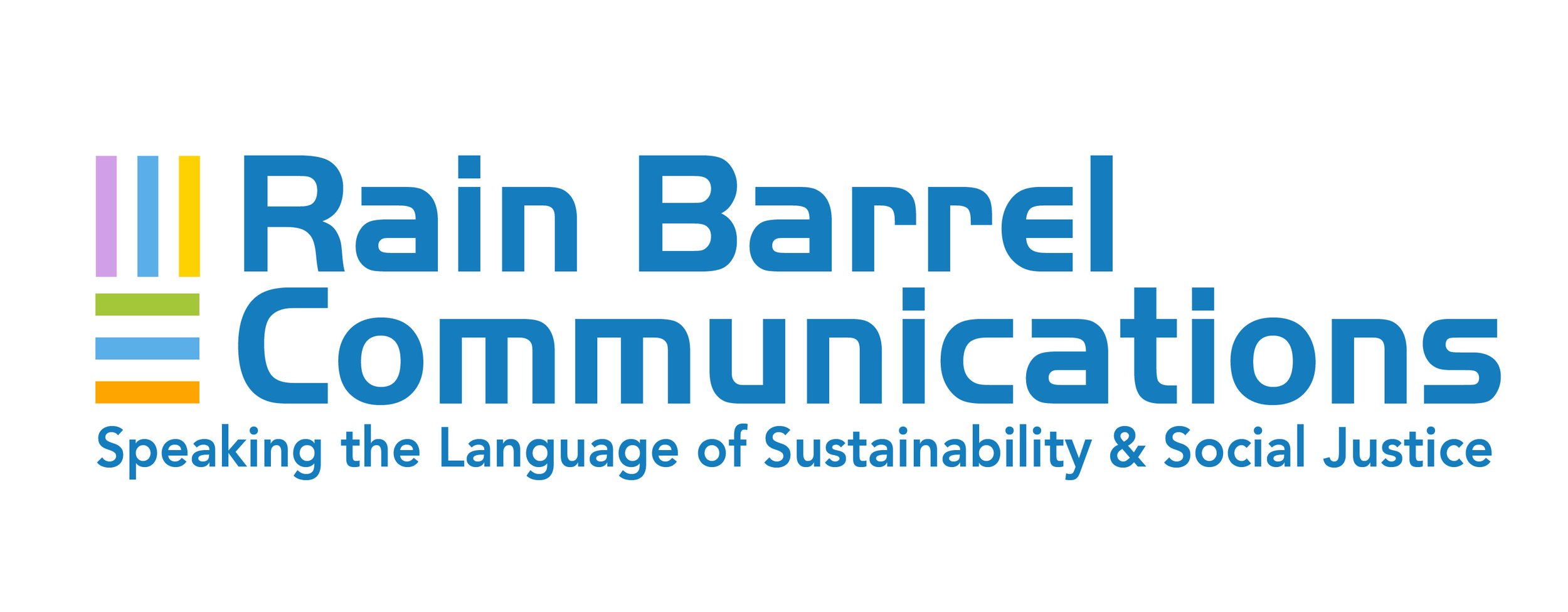Interview with RBC Associate Carmen Cronin
1) What qualities do you look for in the people you hang out with?
I look for people who are curious about the world around them, aren’t afraid to try new things, laugh heartily, and are genuine.
2) What do you do?
I am currently a U.S. Fulbright Student based in Kampala, Uganda where I am conducting formative research with out-of-school adolescent girls on the topic of menstruation. I’m also working with a few other local organizations to provide monitoring and evaluation technical guidance.
3) Why do you do what you do?
A colleague of mine once said, communication is the currency of everyday life and I couldn’t agree more. My research leverages and experiments with participatory research methods to create space for communication to be a vehicle of empowerment, a driver of individual and social change, and a mechanism to recognize and validate the voices, opinions, and rights of marginalized groups (e.g. children and adolescents).
4) Is this where you thought you would end up?
No, for the longest time I wanted to become a pediatrician. It was only after I spent a few months in Rwanda doing health promotion work that I realized a career in public health offered more opportunities to study the socio-cultural determinants shaping individual and collective health. In my masters program, I learned about the art and science of health communication and gained a solid foundation in research methods, and now I combine the two in my day-to-day work.
5) How many hours do you work in a typical week?
A lot, but don’t we all?
6) What skills are required in your position on a day-to-day basis?
· Creative thinking
· Adaptability
· Attention to detail
· Self-discipline
7) Are there any negatives to your job?
Good quality research takes time and money. All too often donors and partners want quality research, but done quickly and at a bargain price. It can be hard to work within those parameters, find the right compromise, or convince donors and partners of the value of investing in research, monitoring, and evaluation.
8) What is the background of most senior-level executives in your SBCC circles?
Most of them have a PhD in either communication or public health.
9) What should keep entry-level SBCC enthusiasts up at night?
SBCC enthusiasts should stay up at night thinking about whether they’ve asked the right questions, crafted the right message for their intended audience, and in what ways their work is propelling the field of communication forward.
10) What professional organizations are you associated with, and in what ways?
I’m a member of the American Public Health Association, the Society for Public Health Education, and the Society for Menstrual Cycle Research, and an associate for Rain Barrel Communications.
11) What mistakes have you made?
Too many to list, but that’s part of learning.
12) What traits impress you the most in a working professional, irrespective of their area of expertise?
I am impressed by individuals who have integrity, a hard work ethic, take the time to mentor others, and never stop learning.
13) What has been your most rewarding accomplishment?
I hope it’s still to come.
14) What developments in the horizon could affect future career opportunities in this field?
The newly adopted sustainable development goals will certainly shape the type of career opportunities and work available for SBCC scholars and practitioners.
15) Which other SBCC maven would you recommend for this interview?
Suruchi Sood, PhD, Associate Professor at Drexel University
16) What's the most valuable question we should ask the next SBCC maven who is interviewed on this blog?
In your work, how are you pushing the boundaries of SBCC?
